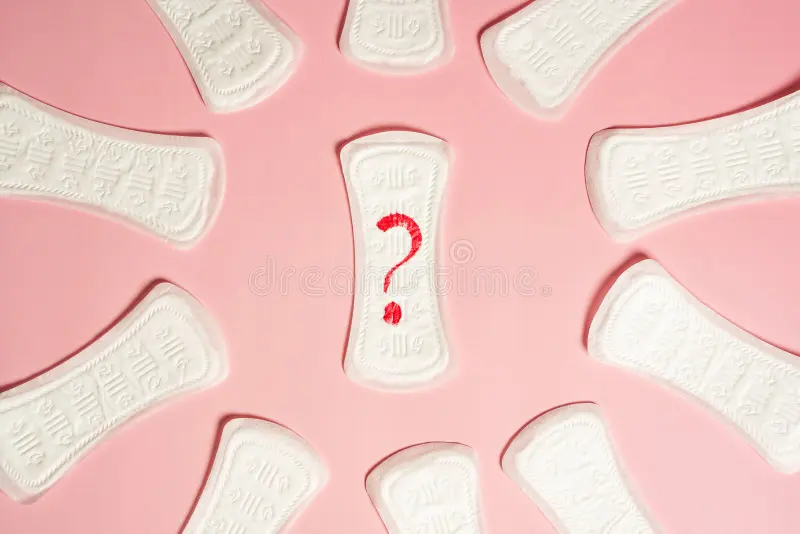Contents
Do Sanitary Pads Expire?

While often taken for granted, sanitary pads, our faithful companions during menstruation, come with a hidden truth: they expire. Just like any other product, pads degrade over time, raising questions about their effectiveness and potential health risks associated with using expired ones.
Why Do Sanitary Pads Have an Expiry Date?
Sanitary pads, like many other consumer products, have an expiry date. This may come as a surprise to some, as we often do not associate expiration dates with feminine hygiene products. However, there are important reasons why manufacturers include an expiry date on sanitary pads.
- Material Degradation: Over time, the materials used in sanitary pads can deteriorate, leading to decreased effectiveness and potential health risks. The absorbency of the pad may be compromised, causing leaks and discomfort. This is especially true for pads with a plastic backing, as the plastic can become brittle and may tear easily.
- Hygiene Concerns: Sanitary pads are designed to help maintain hygiene during menstruation. However, expired pads can harbor bacteria and other microorganisms, potentially increasing the risk of infections or skin irritations. Using pads past their expiry date may compromise your intimate health.
- Chemical Changes: The chemicals and fragrances used in sanitary pads can also degrade over time, leading to changes in their composition. This can result in an unpleasant odor, skin irritation, or allergic reactions. It is important to use fresh pads to ensure that they are safe and suitable for your body.
Signs of Expired Sanitary Pads
1. Changes in Appearance
One of the signs that your sanitary pads may have expired is changes in their appearance. Take a close look at the pad and check for any discolored or brittle materials. If you notice that the pad has started to yellow or darken, or if it feels excessively fluffed, crumbled, or brittle, it might mean that the pad has deteriorated over time. These changes in appearance can indicate that the pad is no longer at its best and may not provide the level of protection and comfort you need during your menstrual cycle.
2. Unpleasant Odor
Another sign to watch out for when determining if your sanitary pads have expired is an unpleasant odor. Even before use, if you notice that the pad emits a foul smell, it could indicate a loss of freshness. This odor may be a result of the degradation of the pad’s materials over time. Using sanitary pads with an unpleasant odor can not only be uncomfortable but also raise concerns about bacterial growth.
3. Allergic Reactions
Using expired sanitary pads can potentially cause allergic reactions. Over time, the materials in the pad may degrade, increasing the likelihood of skin irritation or rashes. Additionally, some pads may contain fragrances or chemicals that can trigger allergic reactions in some individuals. If you experience any redness, itching, or discomfort after using a sanitary pad, it could be a sign of an allergic reaction.
How to Store Sanitary Pads Properly?
Keep Them in a Cool and Dry Place
One of the key factors in preserving the quality and effectiveness of sanitary pads is to store them in a cool and dry place. Excessive heat and humidity can accelerate the deterioration of the materials, leading to decreased effectiveness. Therefore, it is important to keep your pads away from environments with high temperatures or humidity.
Avoid Exposure to Sunlight and Moisture
Another important aspect of proper storage is to avoid exposing sanitary pads to sunlight and moisture. These can have detrimental effects on the pads and reduce their shelf life. Direct sunlight can accelerate the rapid aging of the gel in the pads, affecting their normal use. Moisture, on the other hand, can lead to dampness and mold growth.
FAQs
1. Do sanitary pads have an expiration date?
Most pads don’t have a strict expiration but check for any indicated on the packaging.
2. Is it safe to use expired sanitary pads?
It’s generally safe if stored properly, but for optimal performance, consider using it within the recommended timeframe.
I am a medical student with experience and interest in Women’s health and well-being.